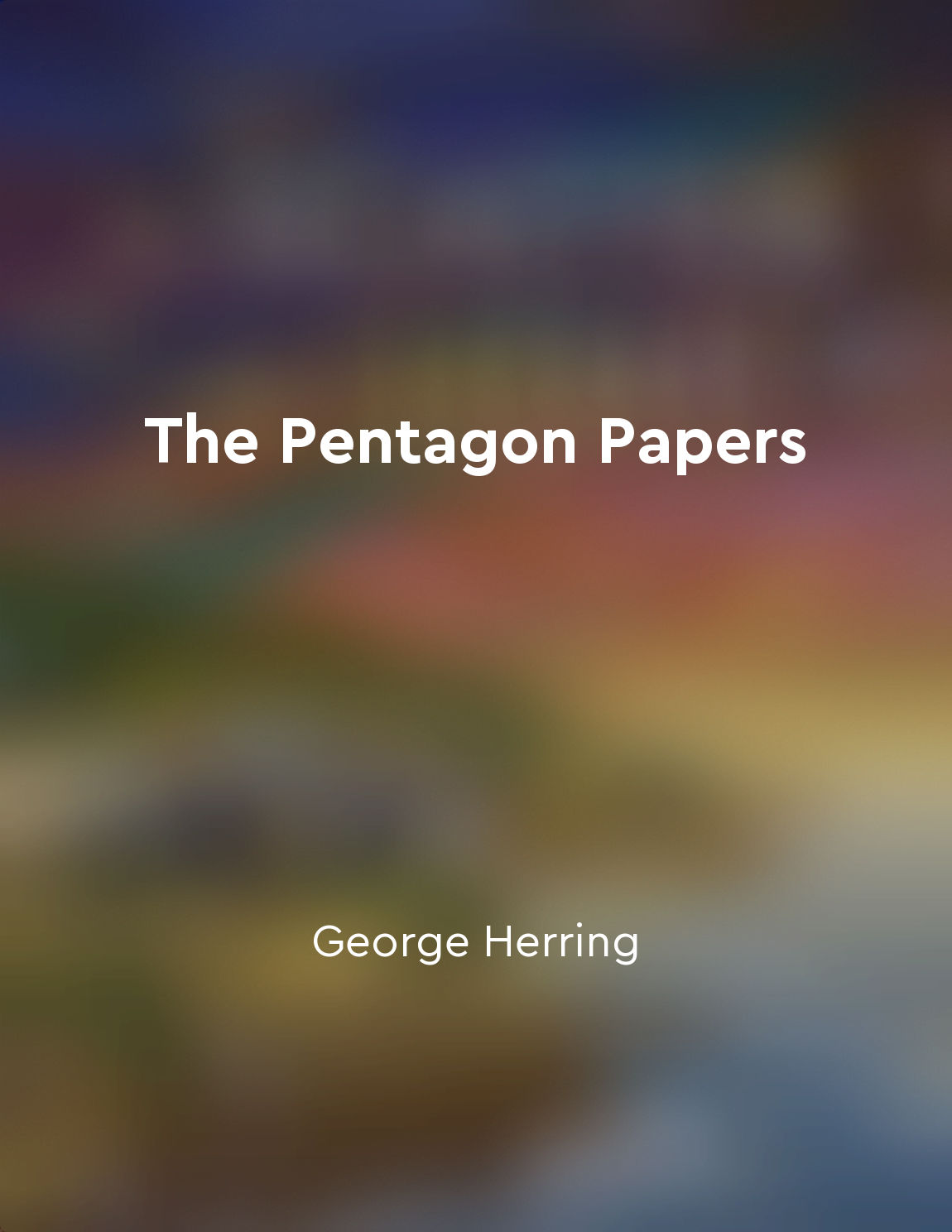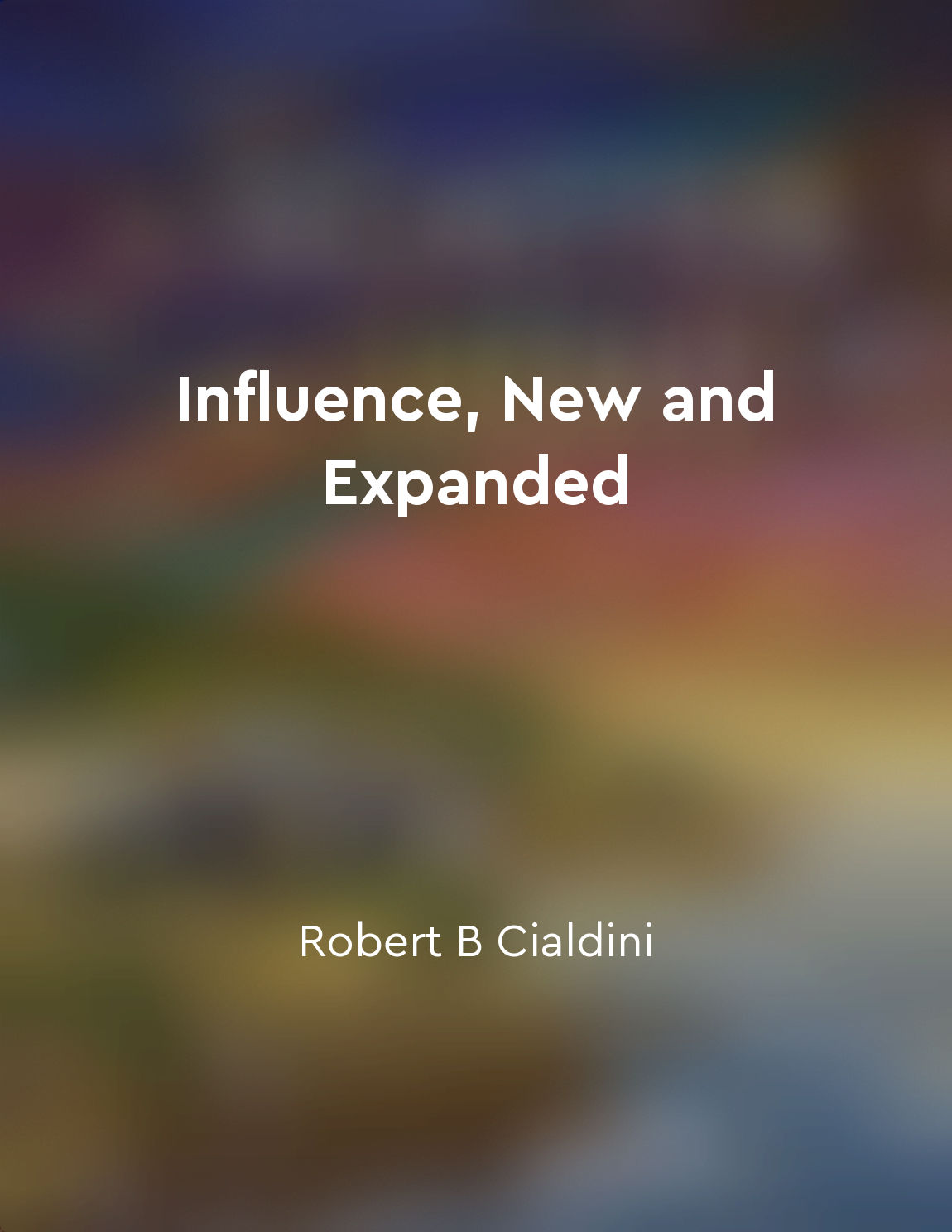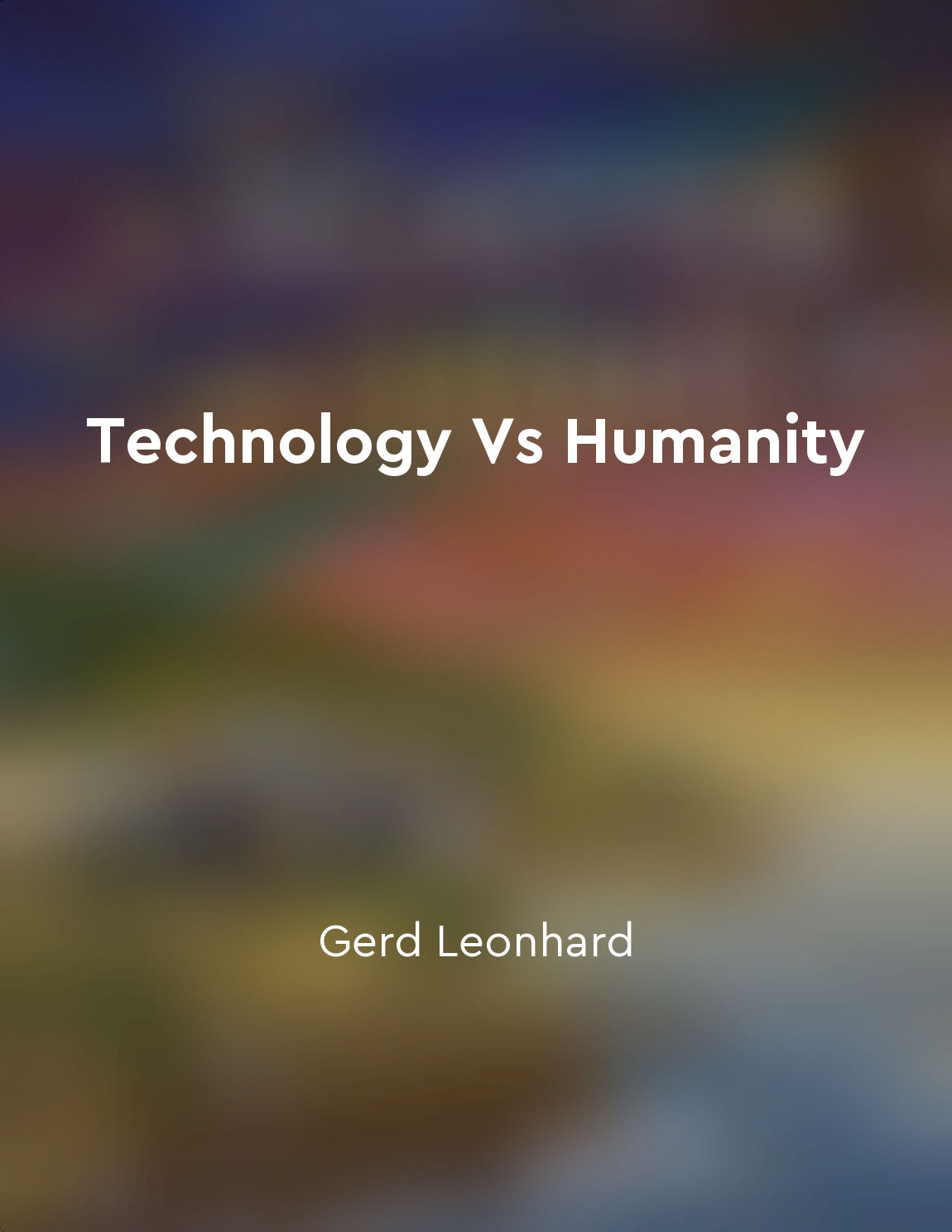Trust in institutions affects public opinion from "summary" of Public Opinion by Walter Lippmann
Trust in institutions plays a crucial role in shaping public opinion. When people have faith in the credibility and reliability of institutions such as government, media, and corporations, their attitudes and beliefs are significantly influenced by the information provided by these entities. In a society where institutions are seen as trustworthy and competent, individuals are more likely to accept the messages and narratives put forth by these organizations. This acceptance is based on the assumption that the information presented is accurate and in the public's best interest. As a result, public opinion tends to align with the viewpoints and agendas promoted by these institutions. Conversely, when trust in institutions is eroded or compromised, public opinion can be swayed in a different direction. Skepticism and disbelief may arise among the populace, leading to a rejection of the information disseminated by these institutions. In such cases, individuals may seek out alternative sources of information or form their own opinions based on personal experiences and beliefs. The level of trust in institutions can also impact how individuals interpret and evaluate information. People are more likely to give weight to messages that come from sources they trust, even if those messages conflict with their existing beliefs. This phenomenon highlights the power that institutions hold in shaping public discourse and influencing societal attitudes.- The relationship between trust in institutions and public opinion is a complex and dynamic one. It underscores the importance of maintaining transparency, accountability, and integrity within institutions to ensure that public opinion is informed by accurate and reliable information. By understanding the impact of institutional trust on public opinion, we can better comprehend the forces that shape our collective beliefs and attitudes.
Similar Posts

The impact of media coverage was significant
The media coverage surrounding the Pentagon Papers played a crucial role in shaping public perception and understanding of the ...
Opportunities for crosscultural exchange and understanding
The increasing interconnectedness of the world in 2030 means that there are more opportunities for people from different cultur...
Revolution is a continuous process, not a onetime event
Revolution, as I see it, is not merely a singular event that happens once and then it's over. It is an ongoing process, a conti...
Creating urgency can prompt action
Creating urgency is a powerful tool in the art of persuasion. When people feel a sense of urgency, they are more likely to take...

Likeability plays a key role in persuasion
One important factor that can greatly influence a person's ability to persuade others is their likeability. When someone is per...
Scarcity can create a sense of competition and urgency among consumers
Scarcity is a powerful psychological principle that can trigger a competitive response in consumers. When people perceive that ...
Political power must be limited to prevent abuse
The idea that political power must be limited is crucial to prevent the abuse of power by those in positions of authority. With...
The Hunger Games are a tool of the Capitol to maintain control
The Hunger Games serve as a powerful tool for the Capitol to assert its dominance and control over the districts. By forcing ch...

The future is uncertain but within our control
As we stand on the brink of a future that seems both thrilling and daunting, one thing is certain: uncertainty looms large. The...
Popper warns against the dangers of political mythmaking
Popper argues that political mythmaking poses a significant threat to open societies. He contends that the creation and propaga...

